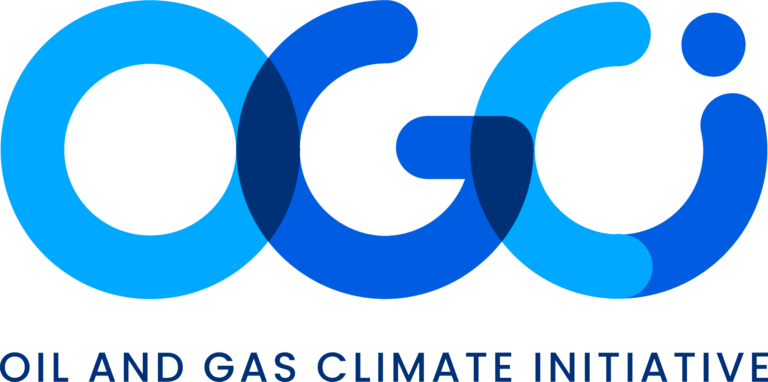This paper examines what companies must do to realize their plans and raise their ambitions, and which types of partnerships can help accelerate these changes. It summarizes the importance of methane reductions by state oil companies, outlines their climate and methane reduction commitments, and analyzes the progress and emissions reductions pathways that will be necessary to meet these important goals. The paper also highlights case studies of effective collaboration with these companies to promote methane reductions, including stories of how various NOCs have engaged with external actors. It is designed for those aiming to understand the specific actions NOCs need to take, the partnerships that can drive those actions, and the necessary progress toward meeting methane reduction targets for 2030. It provides insights into how NOCs can align with global commitments, like the Global Methane Pledge, and emphasizes the importance of international collaboration for achieving significant emission reductions.
National oil companies and methane reductions: How to meet 2030 goals


OGCI and its member companies do not assume any responsibility for the accuracy or reliability of any information offered by third-party websites linked though this site. The views expressed in the external content do not necessarily reflect those of OGCI or its member companies. See our Terms of Use.
More info
Related resources
This resource outlines the work and research conducted by EQT’s Production and Environmental teams to target low-cost opportunities for abating methane emissions from natural gas-driven
Ten-step roadmap for policymakers to implement methane policies for the oil and gas industry. Across these steps, the process of implementing a new regulation unfolds
MiQ has developed and launched the Gas Buyers Methane Emissions Calculator, a tool designed to help natural gas buyers assess the potential methane emissions reductions
Recently visited resources
The IEA’s gas flaring page reviews global flaring trends, environmental impacts, and reduction strategies. It discusses flaring’s role in greenhouse gas emissions and offers links
Brochure created by GasNaturally discussing methane emissions in Europe. It highlights the environmental impact of methane, O&G sources, and emission reduction strategies. The document also
This book highlights the business case for reducing gas flaring and methane emissions (FMR), offering a framework for policymakers to evaluate FMR project feasibility and











